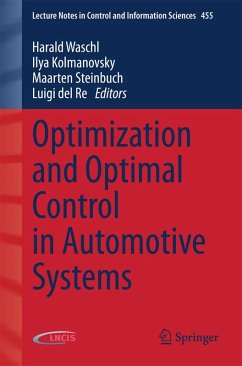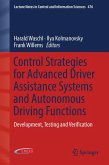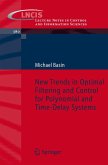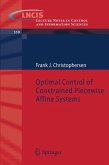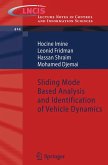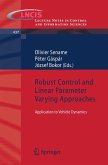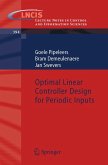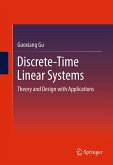This book demonstrates the use of the optimization techniques that are becoming essential to meet the increasing stringency and variety of requirements for automotive systems. It shows the reader how to move away from earlier approaches, based on some degree of heuristics, to the use of more and more common systematic methods. Even systematic methods can be developed and applied in a large number of forms so the text collects contributions from across the theory, methods and real-world automotive applications of optimization. Greater fuel economy, significant reductions in permissible emissions, new drivability requirements and the generally increasing complexity of automotive systems are among the criteria that the contributing authors set themselves to meet. In many cases multiple and often conflicting requirements give rise to multi-objective constrained optimization problems which are also considered. Some of these problems fall into the domain of the traditional multi-disciplinary optimization applied to system, sub-system or component design parameters and is performed based on system models; others require applications of optimization directly to experimental systems to determine either optimal calibration or the optimal control trajectory/control law. Optimization and Optimal Control in Automotive Systems reflects the state-of-the-art in and promotes a comprehensive approach to optimization in automotive systems by addressing its different facets, by discussing basic methods and showing practical approaches and specific applications of optimization to design and control problems for automotive systems. The book will be of interest both to academic researchers, either studying optimization or who have links with the automotive industry and to industrially-based engineers and automotive designers.
Dieser Download kann aus rechtlichen Gründen nur mit Rechnungsadresse in A, B, BG, CY, CZ, D, DK, EW, E, FIN, F, GR, HR, H, IRL, I, LT, L, LR, M, NL, PL, P, R, S, SLO, SK ausgeliefert werden.

